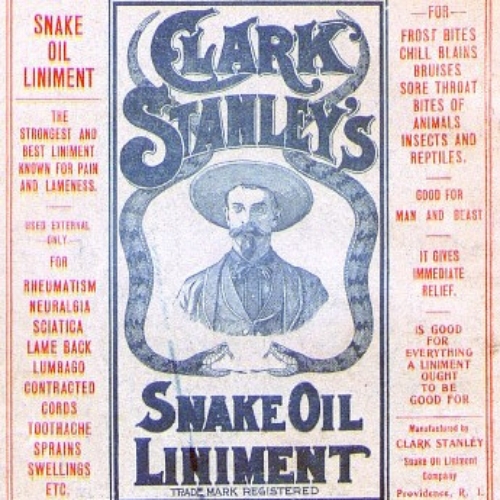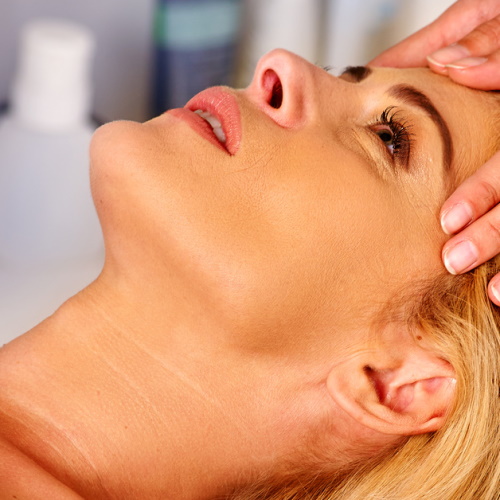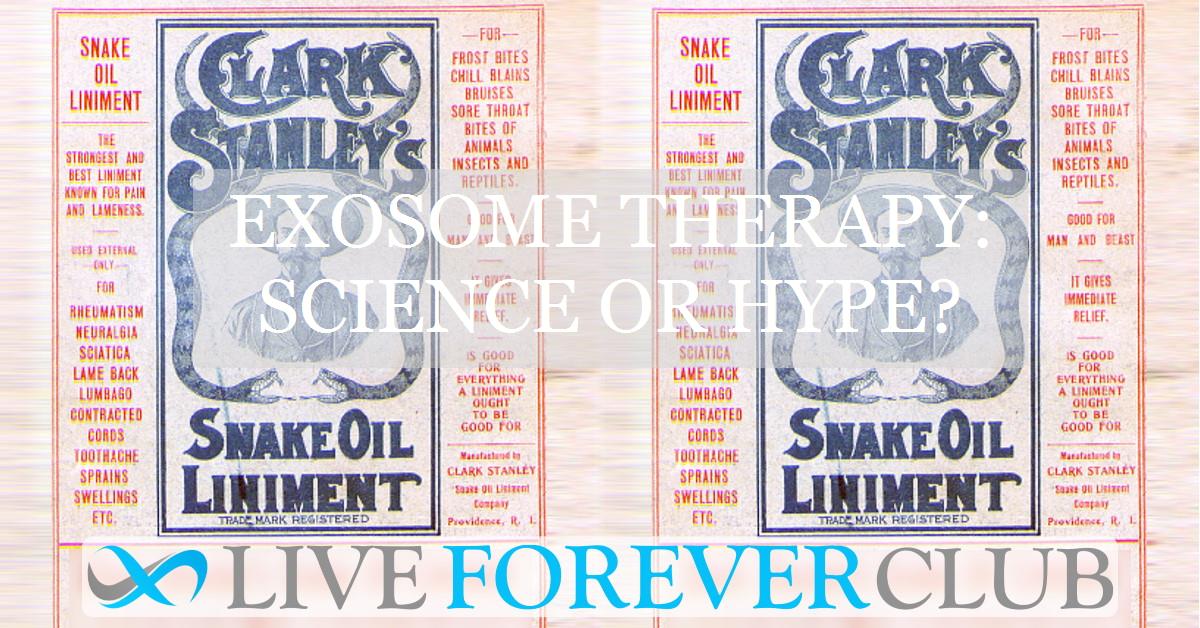Key points from article :
Exosomes, tiny particles produced by cells, have gained a buzz in the beauty and wellness industries, with promises of reversing aging, treating hair loss, alleviating acne, and even helping with complex conditions like long COVID and Alzheimer’s. These therapies, however, come with a high price and plenty of hype, without much solid science. Although exosomes were initially thought to be cellular waste carriers, researchers now believe they may also help in cell communication. Yet, there is still significant mystery surrounding their composition, which can vary depending on the source cell and conditions.
Despite their popularity, regulatory agencies like the FDA, UK’s MHRA, and Europe’s EMA have not approved any exosome treatments for medical use, emphasizing the lack of robust safety and efficacy studies. This “Wild West” approach concerns scientists and bioethicists who warn that these unapproved, poorly understood treatments might pose risks. Although proponents claim exosomes derived from sources like human umbilical cords or salmon have unique benefits, scientists argue we lack sufficient knowledge to back these claims confidently, and there are questions about the potential risks, like unintended immune reactions.
While clinics and medspas worldwide continue to offer exosome treatments, experts caution against jumping on this trend without substantial clinical validation. As researchers work to understand exosomes better and test their medical potential, consumers are encouraged to view the claims with skepticism and wait for more scientifically-backed results.





